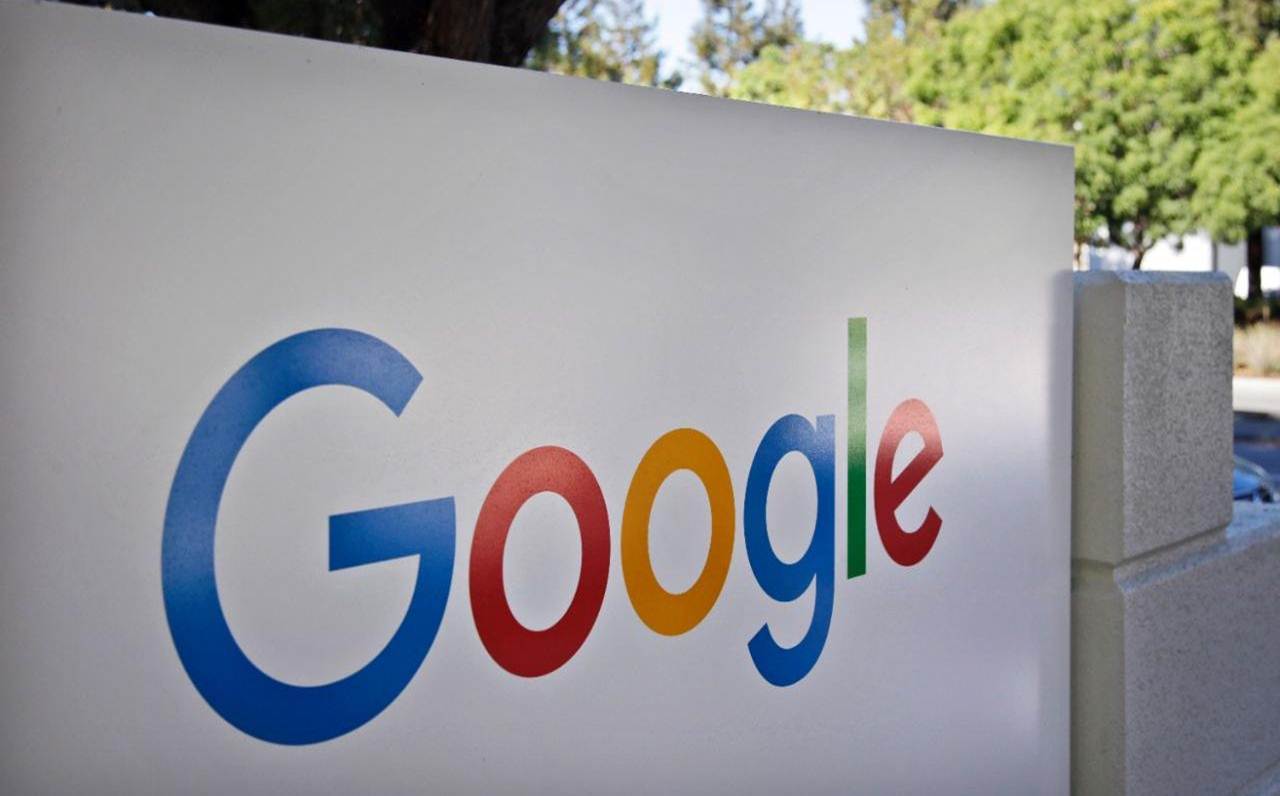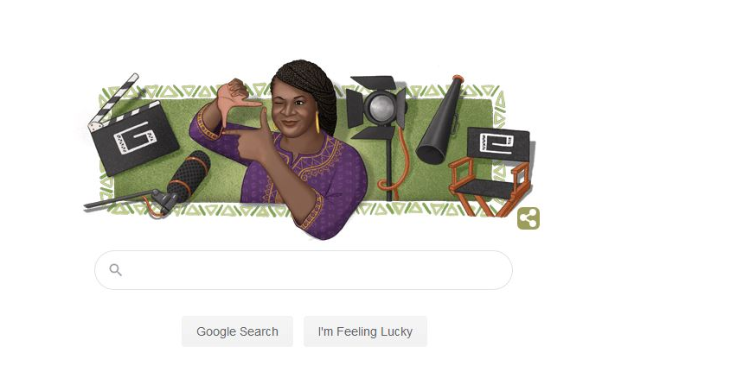Google on Wednesday announced the launch of ‘Google for Nonprofits’ in Nigeria.
Titi Akinsanmi, Google’s Head, Government Affairs and Public Policy, West Africa, said in a statement that ‘Google for Nonprofits’ was aimed at empowering ‘not-for-profit’ organisations by providing them with free premium services.
Akinsanmi said for organisations that qualify, Google for Nonprofits would give access to a collection of premium apps, the same tools large enterprise corporations used, at no cost.
She said once approved, qualifying nonprofits can gain access to programmes such as Google Ad Grants, G-Suite for Nonprofits, YouTube’s Nonprofit programme, and more.
According to her, this will assist non-profit organisations to work more quickly and efficiently to reach a wider audience, spur more supporters to take action and tell their story in a more compelling way.
”Nonprofits can qualify for a grant of up to $10,000 a month that is available for six months through Oct. 2020 to spend on text-based ads, among other offerings.
”For a NPO to be eligible for the Google for Nonprofits programme, it must be a registered non-profit charitable organisation in Nigeria and verified by TechSoup Nigeria.
”It must also meet eligibility criteria listed on the Google for Nonprofits page- https://www.google.com/nonprofits/eligibility/.
”Nonprofits face unique challenges when making decisions about what technology to acquire, amid competing demands for funding and resources,” Akinsanmi said.
According to her, the company’s overall goal is to provide access to tools and technology quickly and effectively, so that these organisations can focus their efforts and resources directly toward achieving their goals.
She added that google had also announced its philanthropic arm, Google.org, which would be giving a grant to `Teach for Nigeria’.
Teach for Nigeria is a non-profit organisation focused on support for students in underserved communities in the country, while the Coronavirus school closures persist.
She said that the grant would fund a two-year- teacher fellowship programme, to ensure more students in underserved communities got access to quality education, delivered by well-trained teaching staff.
Akinsanmi said it would also fund an education intervention programme to help children in underserved areas get education through alternative means like TV, radio and on-the-street public communications.
According to her, Google training resources and programmes for upskilling teachers working in target communities will be deployed and Google Digital Skills training curriculum and resources will be leveraged for the programme.
Akinsanmi said google also aimed at providing support and create partnerships that would ensure children from underserved communities were able to access the required level of education during these times.
Folawe Omikunle, Chief Executive Officer, `Teach for Nigeria’, said the organisation was working toward developing platforms that allowed Nigeria’s educational system to support all children to thrive and create a better future for themselves and their communities.
According to her, now more than ever, stakeholders must do whatever can be done to ensure that quality and relevant learning is happening for all children, regardless of where they are on the map.
Omikunle noted that the organisation was excited and confident that this collaboration with Google would move it a step closer to achieving their goals in these times.
Google’s mission is to organise the world’s information and make it universally accessible and useful through its products and platforms.




